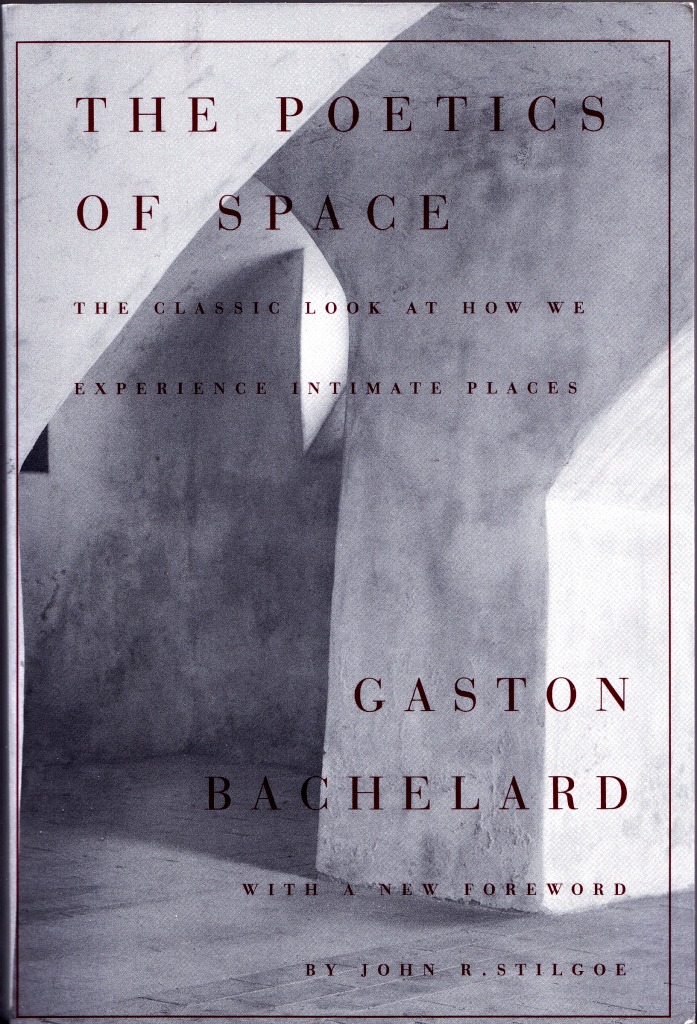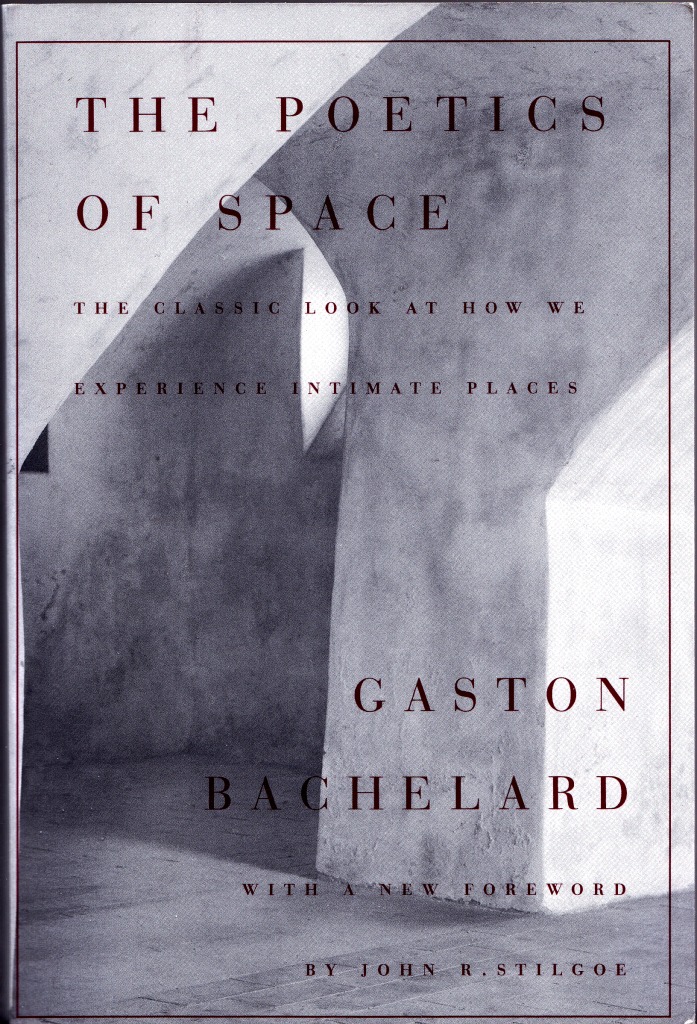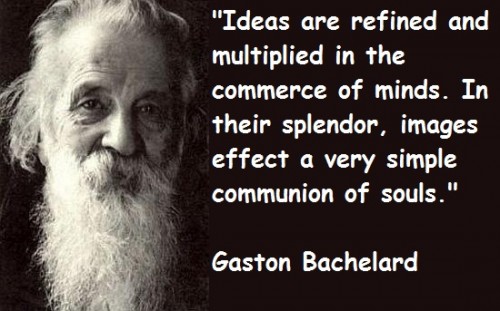
Secrets, Corners, Words & Poems, Drawers, Chests, and Wardrobes…

This post is a musing—a dissecting, dis-contextual reconnecting of excerpts from “the poetics of space” by Gaston Bachelard.
“Faced with any new object, reason asks ‘which of its earlier categories the new object belongs? In which ready-to-open drawer shall we put it?’ ”Can every new object be categorized or fit neatly and appropriately into the “ready-to-open” drawer? NO! “The concept soon becomes lifeless thinking since, by definition, it is classified thinking… Our philosopher dislikes compartmented arguments.”
“With the theme of drawers, chests, and wardrobes, we shall resume contact with the unfathomable store of daydreams of intimacy… [I]mages of intimacy that are in harmony with drawers and chests, as also with all the other hiding-places in which human beings, great dreamers of locks, keep or hide their secrets… A lock is a psychological threshold… like a heart that confides in no one, the key is not on the door… He who buries a treasure buries himself with it… The power that opens and shuts must possess the power of life…” Open Sesame: “And what secret pressure, what soft words, are needed to gain access to a spirit…”
“…[I]n memory words are not deposited ‘in a cerebral or any other kind of drawer.’” How much does memory serve us? And can it serve us if we do not live somewhat in the past? There are those who have touched us, though our memories of them do not superimpose themselves on our thoughts. Yet, upon the hearing of their passing, a pricking of the heart reminds us that they made a difference.
“…[A]n image… confers being upon us… [I]mage is a phenomenon of being… [A]n image that issues from the imagination is not subject to verification by reality… [T]he poet has given concrete form to a very general psychological theme, namely, that there will always be more things in a closed than an open box. To verify images kills them, and it is always more enriching to imagine than to experience.” Or in the words of Slavoj Žižek: “And, of course, we have a perfect name for fantasy realised. It’s called ‘nightmare’.”

“…[T]he corner is a chamber of being… For to great dreamers of corners and holes nothing is ever empty.”
“I am the space where I am.” (Noel Arnaud)
“…[A] syncretism of of sensitivity keeps words from crystallinzing into perfect solids… Language dreams… We must listen to poets… [B]ut even when the criticism of reason, the scorn of philosophy and poetic traditions unite to turn us from the poet’s labyrinthine dreams, it remains nonetheless true that the poet has made a trap for dreamers out of his poem. As for me, I let myself be caught.”
